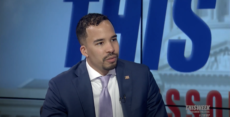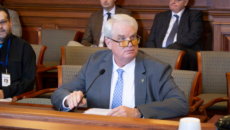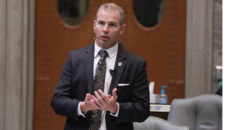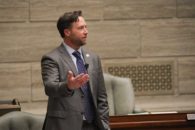The decision for the Missouri Senate to pass a measure expanding concurrent jurisdiction to the Missouri attorneys general for homicide cases in the City of St. Louis is the right one.
Using the vehicle of HB 2, the Senate conversation was never so narrow of just a single elected prosecutor, the handful of additional cases the attorney general might engage in, or even the over-arching traditions of Missouri’s most august body — the state Senate. It was about something far more important — namely the fundamental role of government to protect the rights of its citizens.
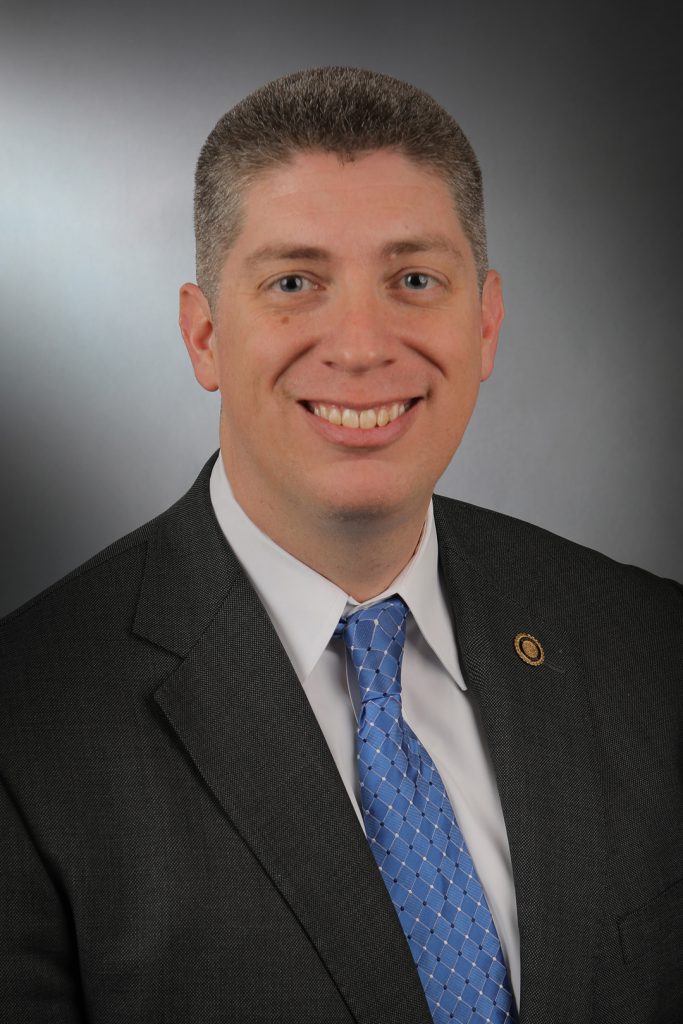
HB 2 will provide that protection by allowing the attorneys general to supplement (not supplant) the efforts of local authorities in bringing murderers to justice. After all, lost among the Senate floor debate was the reality that not one senator was satisfied with a St. Louis City homicide rate that stands more than twice per capita than anywhere else in Missouri.
The Republican-led majority of senators that answered Gov. Mike Parson’s call for increased law and order in St. Louis City understood a fundamental truth: that as the City of St. Louis remained unwilling to defend the rights of its citizens, the state responsibility to intervene increased. They understood that no Senate rule traditions nor misguided chants of “local control” justify allowing our largest urban center to continue a descent into anarchy and lawlessness.
To be sure, this action was unprecedented. But so has been the decline of St. Louis City. Let us not forget: Criminal activity in St. Louis is not just a St. Louis problem. It is a St. Louis region problem and a Missouri as a whole problem. The spread of these criminal activities is not contained by geographic boundaries.
Should we do nothing while St. Louis falls and other communities suffer the consequences? Behold the cost of a lack of action previously by the state:
Since the end of World War 2, unchallenged Democratic Party control of St. Louis City has failed by almost every measure to provide the basic protections for liberty and economic freedom that are at the core of American culture. The homicide rate stands at more than 55 murders per 100,000. The loss of population represents nearly two-thirds of where the population stood in 1950. The fiscal burden of the St. Louis government now surpasses surrounding collar counties by a factor of more than 3 to 1 per capita. Schools are among the lowest-performing in the state. Republicans and Democrats alike denounce the uneven application of justice, and the loss of economic opportunity across the city has opened the door to many more crimes beyond homicide. Citizens in St. Louis have a tougher time pursuing their dreams and protecting their livelihoods today than at any point in the Gateway City’s history. Just ask Mark and Patricia McCloskey. Just ask Ann Dorn.
The entirety of the situation was encapsulated by the mayor of St. Louis herself who, this week, in a surreal moment, sought refuge from her own home, publicly declaring that she no longer felt safe between her own walls. As she left behind her neighbors and friends, she called her action a “de-escalation.” I wonder how that message will play to the next business or family considering an investment within the borders of what once was America’s fourth largest city?
So, the question is not whether the City of St. Louis can and should reverse its destructive course on its own without intervention from the state. The city’s track record since before the start of the Cold War is answer to that. The real question is whether the rights of the citizens still living in St. Louis City matter enough that we should take these actions despite St. Louis’ unwillingness to act. I believe the answer is yes. All rights matter.
The balance of this question led to where the Senate was at 3 a.m. Thursday. It was clear that the “nuclear” decision to pass HB 2 was not driven by the inappropriate application of state authority. Rather, it was triggered by necessity brought about by more than 70 years of failed policies and government of St. Louis City leaders. The quiet absence of three-quarters of a million Americans no longer living in St. Louis City stands as a grim tally of the cost of Jefferson City inaction thus far. My colleagues and I were willing to use every tool at our disposal to begin the turning of the tide in St. Louis — starting with HB 2.
I am thankful to Gov. Parson for having the courage to tackle this challenge head-on and the wisdom to understand that none of us can be successful without a strong St. Louis City.

Bill Eigel is a Republican state senator who represents SD 23 encompassing part of St. Charles County. He was elected to the legislature in 2016.




